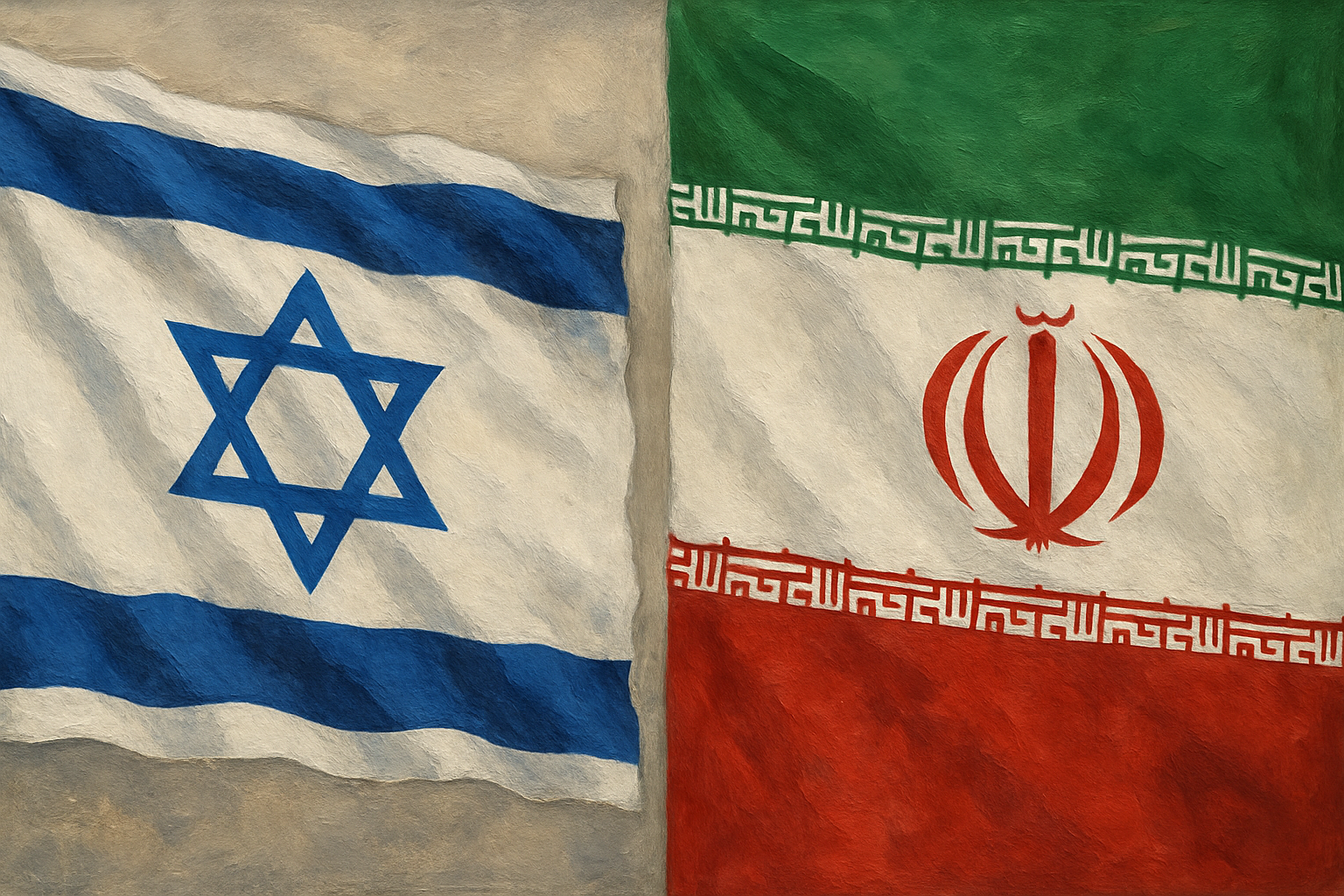The Israel-Iran conflict has sparked an unprecedented wave of AI disinformation

Since Israeli strikes on Iran began on June 13, disinformation created by generative AI has been spreading rapidly on the internet. As BBC Verify’s editorial team found, hundreds of videos purporting to show destruction in Israel and Tehran’s “military successes” have been published on X, TikTok and Instagram – although in reality, most of the videos are fake.
The most viewed fakes are AI-simulated shelling of Tel Aviv, downed F-35 fighter jets and videos of nighttime strikes. The three most popular fakes have garnered over 100 million views. One of these videos, distributed on TikTok, allegedly showed an F-35 shot down over the Iranian desert – in fact, it turned out to be a fragment from an airplane simulator. TikTok removed the publication after the journalists’ appeal.
According to Emmanuel Saliba, head of Get Real, this is the first case of large-scale use of generative AI in an active military conflict. Verification of night shots is particularly difficult, which is actively used by authors of fakes. It is specified that some of the most actively disseminated stories are strikes on F-35s, which may be related to Russian influence operations aimed at undermining confidence in Western weapons.
On the other hand, pro-Israeli accounts are distributing old videos of protests in Iran, passing them off as fresh actions in support of Israel, as well as demonstrating allegedly growing dissatisfaction with the authorities. According to analysts, both on the Israeli and Iranian sides are so-called “reach farmers” – users who earn money by drawing attention to conflicting content.
Disinformation accounts are getting massive subscriber growth: for example, the Daily Iranian Military doubled from 700,000 to 1.4 million in just six days. Many of these pages use official-sounding names and verified checkmarks, although it remains unknown who exactly is behind them.
Researchers note that the virality of such publications is often ensured by ordinary users. Matthew Facciani of the University of Notre Dame explains this by the fact that in the context of political or military confrontations, people are particularly inclined to share information that confirms their views – especially if it evokes strong emotions.
TikTok told the BBC that it was fighting violations of its false information rules and was working with independent fact-checkers. Meta, the owner of Instagram, did not comment.




